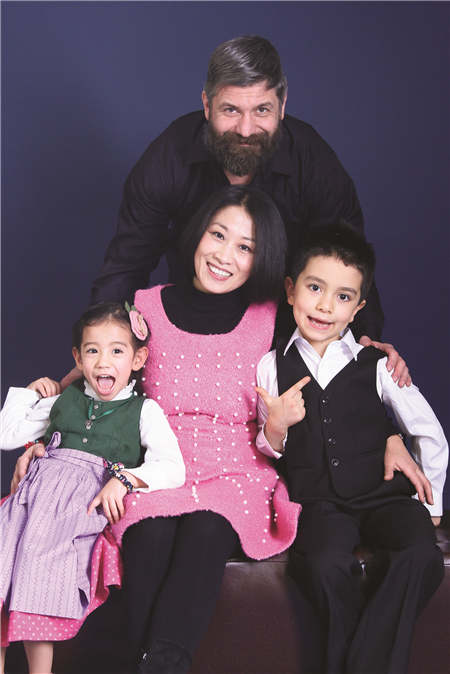 |
|
Photo provided to China Daily |
"Chinese don't regard themselves as laggards anymore, and instead of mimicking the West, they are taking a more confident approach," he says of cultural exchanges with foreigners.
But biases still exist in communication between China and Western countries, he says, recalling interesting incidents from his own life.
He often gets into arguments with his German friends while discussing China. While his friends criticize him for "favoring" China because he lives here, he tells them they are actually "biased" because they have never been or lived in China, and their perceptions largely depend on Western media.
"It's a pity that many Westerners have no idea about China's past and especially the life of its common people," Kuehnel says. "Without knowing that, you can't possibly understand the Chinese way of thinking."
Last year, Kuehnel was invited by Chinese government officials to give recommendations on issues concerning the country's development.
He suggested that China should reshape its international image by fostering creativity.
While he is mostly busy teaching, Kuehnel has managed to translate a number of books from German to Chinese and vice versa.
He has also played an important role in boosting a student exchange program between Beijing Foreign Studies University and his former university in Germany.
As tenure with the German Academic Exchange Service ends later in the year, Kuehnel says it is time for him to plan for the future.
"I will either stay in China or keep close ties with the country," he says, adding that he hopes to make greater contributions to Sino-German cultural and linguistic exchanges.